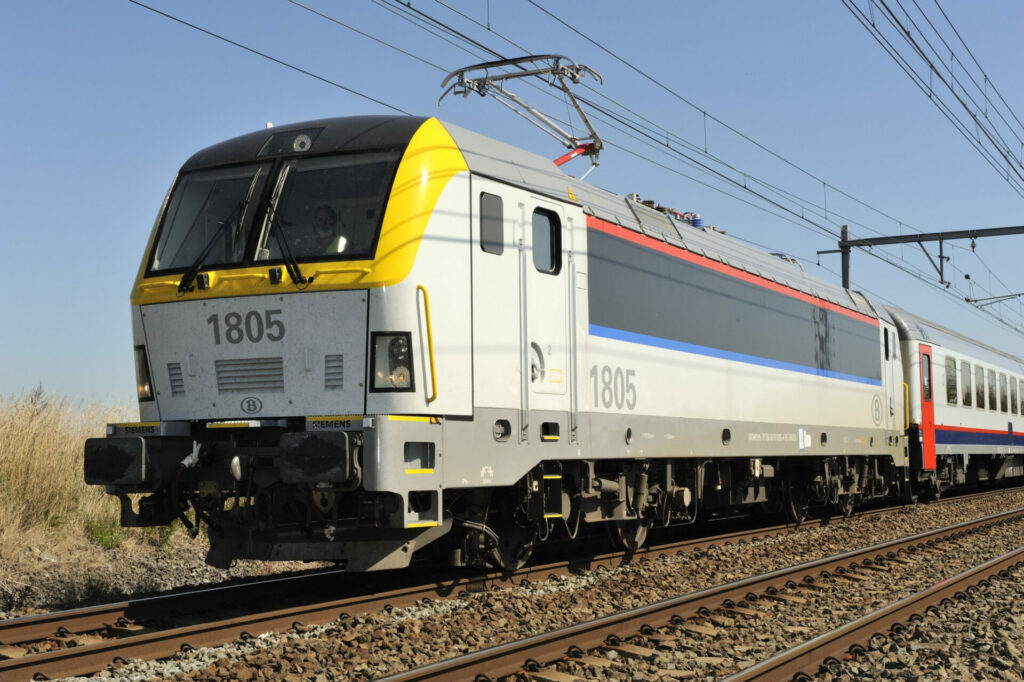Train punctuality in Belgium has fallen to the lowest levels since records began, according to a recent analysis by Infrabel, Belgium's railway network operator.
The study, which was originally reported by L'Echo, found that more than 6,200 SNCB trains were cancelled and just over four in five (80.8%) were on time in November this year. These are the worst monthly figures since Infrabel began collecting data in 2016. (A train is technically considered late if it arrives six or more minutes behind schedule.)
The report also noted that the high number of delays and cancellations were only partly attributable to the impact of Storm Ciarán. In particular, at least a third of delays and cancellations stemmed from problems exclusive to national railway operator SNCB, including the 48-hour strike from 7 to 9 November.
A total of 43,500 Belgian trains were cancelled from January to November this year. Although data has not yet been released for December, another 48-hour strike held earlier this week makes it almost certain that the previous annual record of 44,000 train cancellations, reached in 2022, will be surpassed this year.
'The vision and plans are clear'
Federal Mobility Minister Georges Gilkinet attributed the declining train punctuality to significant under-investment by previous governments.
"The Belgian railways are paying the price today for the management choices of previous governments and the lack of investments both in the rail network and train carriages," he told L'Echo.
Gilkinet, who also serves as Deputy Prime Minister, added that a new €1 billion loan granted by the Belgian State to Infrabel should at least partly address the country's fraying rail infrastructure.

Deputy Prime Minister and Mobility Minister Georges Gilkinet. Credit: Belga / Dirk Waem
"The fact that Infrabel received a loan last week should accelerate the essential work," he said. "The vision and plans are clear, the resources have been allocated, but it will take some time to implement the changes."
In addition to a lack of investment in infrastructure, SNCB has suffered from periodic staff shortages over the past few years – a fact which many experts believe is also causally responsible for the decline in punctuality.
"The big problem is the lack of staff," Géry Baele, a spokesperson for Navetteurs.be, an NGO specialising in rail transport, told La Dernière Heure last month. "SNCB and Infrabel say that they hire hundreds of people every year. This is true, but the working conditions are such that employees do not stay long."
"The solution, in my opinion, involves an increase in staff, new train carriages, and a renovation of the infrastructure," he added. "Unfortunately, all this takes time and I fear that commuters will have to bide their time for several more years."

